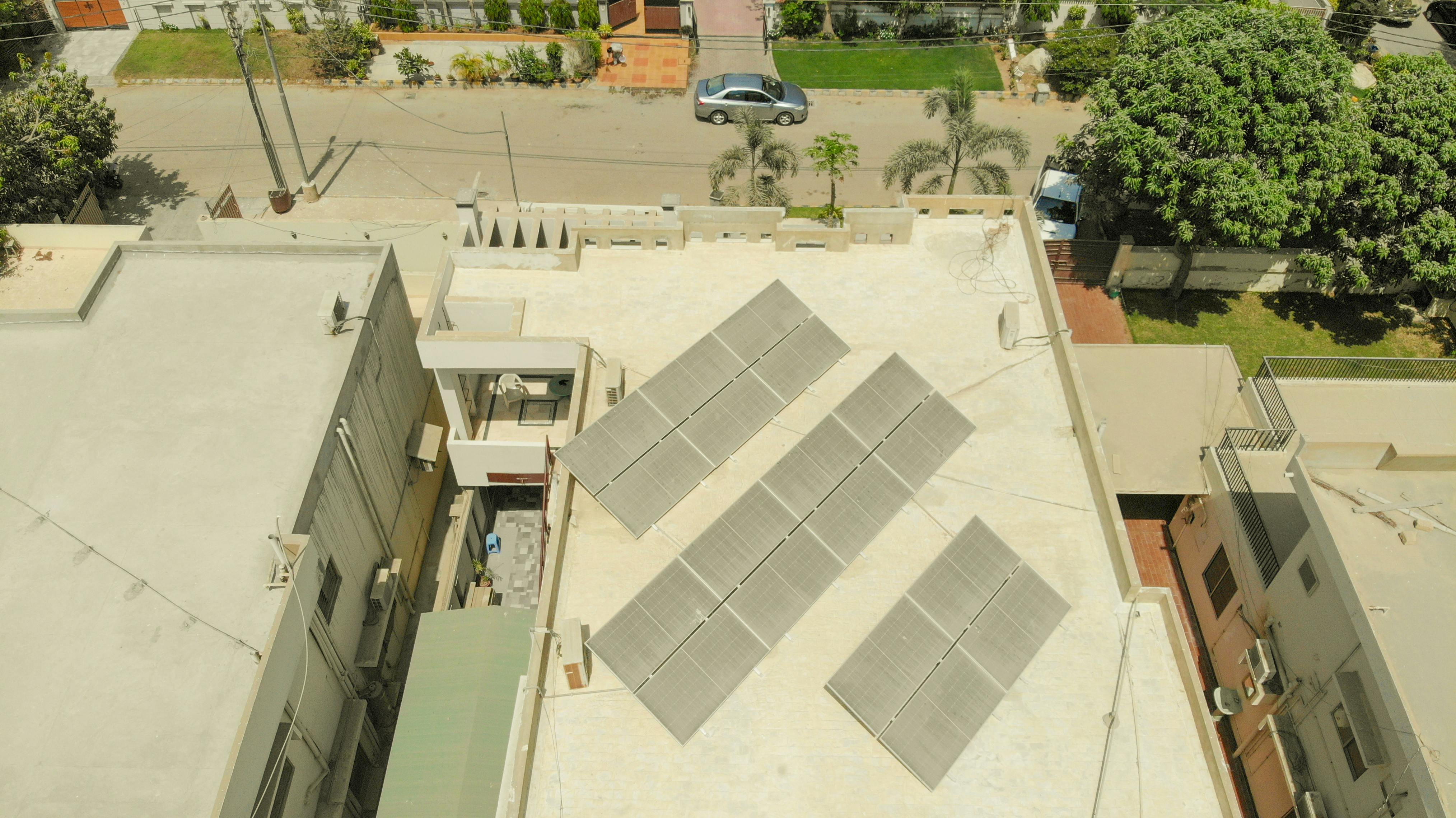
Introduction to Home Energy Efficiency
In a world seeking more sustainable solutions, practical strategies to boost your home's energy efficiency have become paramount. This shift towards greener alternatives is not solely about preserving the environment. It's also tied closely to the financial aspect, as an energy-efficient home can significantly reduce utility bills. Indeed, energy efficiency offers solutions for comfort, sustainability, and financial savings.
Understanding Energy Efficiency in the Home
Energy efficiency at home is about maximising the useful output for the amount of energy consumed. An energy-efficient home is designed and operated in a manner that reduces the energy needed for heating, cooling, and powering appliances, thereby lowering energy costs and environmental impact. Inefficiencies often occur due to outdated appliances, poor insulation, and non-efficient lighting, which are all aspects that can be improved for an energy-efficient home.
Enhancing Energy Efficiency with Insulation
One of the most effective ways to increase a home's energy efficiency is insulation. A well-insulated home retains heat during winter and keeps cool air during summer. This means less reliance on heating and cooling systems, therefore, slashing energy bills and reducing carbon emissions. Insulation should be considered in walls, roofs, floors, doors, and windows.
Loft insulation, in particular, can prevent heat from escaping through the roof, one of the main sources of heat loss. Similarly, cavity wall insulation can significantly reduce heat loss by filling the gap between the two layers of a wall. Other types of insulation, too, like solid wall insulation or floor insulation, can extensively contribute to a more energy-efficient home.
Optimizing Energy Efficiency with Efficient Appliances
The choice of appliances can critically affect a home's energy efficiency. Old and inefficient appliances consume considerably more energy, making them more expensive to run. Replacing them with new, energy-efficient models can lead to substantial long-term savings. Make sure to look for appliances with an energy efficiency rating of 'A+' or higher.
Furthermore, other simple habits like turning off lights and unplugging electronics when not in use can conserve energy and lower costs. Smart power strips are a great investment, too. They cut power to plugged-in devices when they're not in use, helping prevent 'phantom loads.'
Improving Energy Efficiency with Green Energy Solutions
Investing in renewable energy sources is another effective strategy to increase a home's energy efficiency. Technologies like solar panels and wind turbines, although they might require substantial upfront investment, can deliver significant long-term savings by generating your own power. With government grants and incentives available, these technologies have become more affordable and accessible.
Solar panels, for instance, capture sunlight and convert it into electricity. With an efficient storage system, you're able to feed excess electricity back into the grid, further reducing your bills. On the other hand, wind turbines generate electricity by harnessing wind energy. These technologies can drastically diminish a home's reliance on traditional energy sources, addressing both environmental and financial concerns.
Making your HVAC System More Energy Efficient
Heating, Ventilation, and Air Conditioning (HVAC) systems are one of the biggest energy consumers in a home. Therefore, keeping them running efficiently is paramount for energy efficiency. Regular maintenance, including cleaning and replacing filters, can enhance their performance, thereby reducing energy consumption.
Additionally, investing in smart thermostats can optimize your HVAC's energy use by learning your schedule and adjusting heating and cooling settings accordingly, providing comfort when needed and saving energy when you're away. Some models even offer remote-access capabilities via smartphones, giving you control over your home’s temperature settings from anywhere.
Conclusion
Creating an energy-efficient home might be intimidating due to the perceived cost and effort. However, these practical strategies to boost your home's energy efficiency will offer significant long-term savings and benefits. By improving insulation, choosing efficient appliances, investing in green energy solutions, and optimising your HVAC system, you can transform your home into a more sustainable, comfortable, and cost-effective environment — an ideal living space for the future.